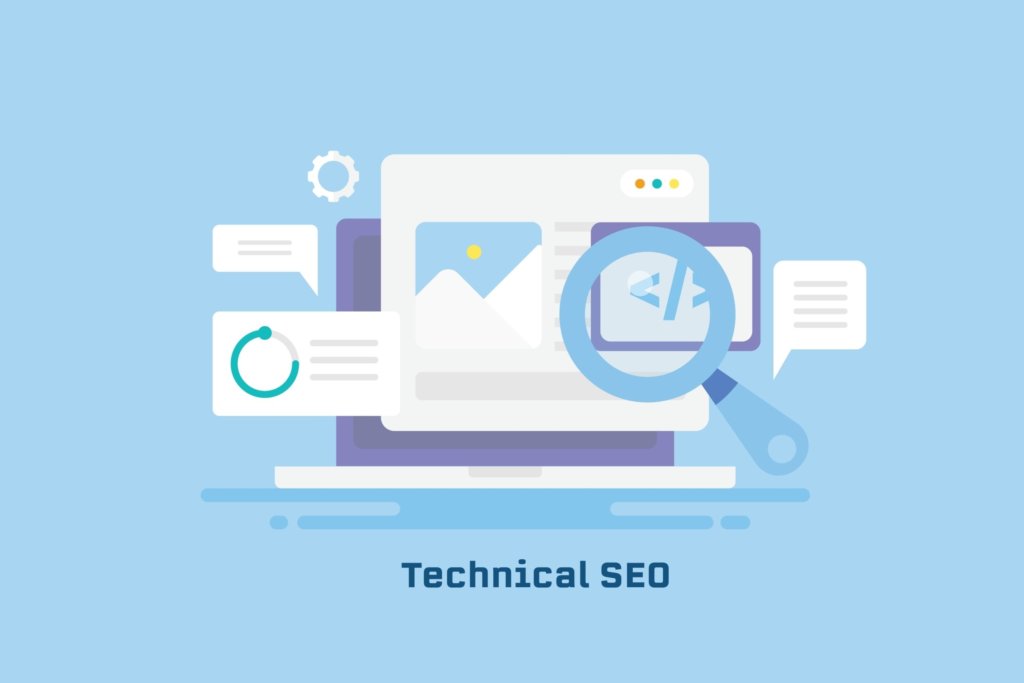In the ever-evolving landscape of SEO, the question of whether domain age influences search rankings has been a long-debated topic. Recently, on X (formerly Twitter), someone sought clarity on this matter, prompting a response from Google’s John Mueller. Let’s unravel what Mueller had to say and debunk the myths surrounding the perceived significance of domain age in SEO.
What Was Asked and Mueller's Response:
The query posed on X was straightforward: “Does the age of a domain name impact Google search rankings?” This question stems from a longstanding belief among SEOs that older domains tend to correlate with higher rankings. However, Mueller’s response was concise and clear: “Primarily those who want to sell you aged domains.
Further emphasizing his stance, Mueller reiterated, "No, domain age helps nothing."
Why the Belief in Domain Age Persists.
For almost two decades, SEOs have held the belief that domain age is a crucial ranking factor, possibly stemming from misinterpretations of a Google patent titled “Information retrieval based on historical data.” This patent mentioned the use of domain-related information for identifying spam sites, not for rewarding older domains with ranking points.
The patent explicitly outlined how registration data could help detect throwaway or spam domains, as legitimate domains often have longer registration periods. However, this information was misinterpreted by some SEOs, leading to the misconception that domain age directly influences rankings.
Understanding the Purpose of the Patent:
The patent’s primary focus was on identifying spam sites, not enhancing the ranking of legitimate domains. It highlighted the importance of domain data in catching spammers who use throwaway domains to deceive search engines. The context revolves around identifying illegitimate domains, not promoting the ranking of older, legitimate domains.
Additional Insights from Similar Patents:
Another patent from Microsoft in 2006 discussed using the age of backlink domains to identify spam sites. Like the Google patent, the purpose was to combat spam and web farms, where spammers interlinked numerous sites to manipulate rankings.
Conclusion
John Mueller’s response aligns with the patent’s actual purpose – domain age is not a ranking signal. SEOs should avoid misconceptions and focus on accurate information. Domain age may play a role in identifying spam, but it does not contribute to the ranking of legitimate websites. As the SEO landscape evolves, it’s crucial to rely on accurate information to inform strategies and dispel long-standing myths.

